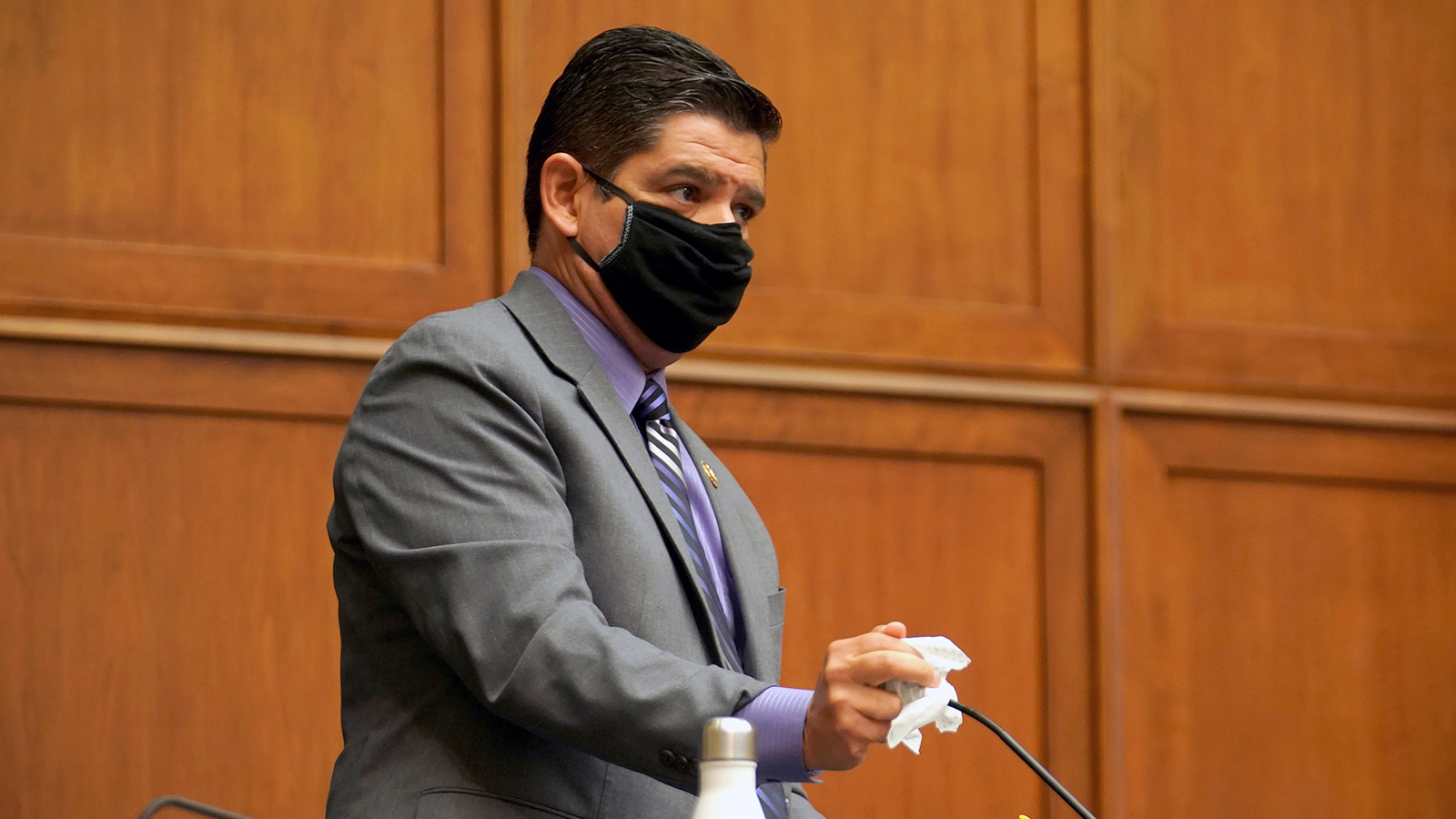It’s becoming clear that black and Latino communities in the U.S. suffer disproportionately from the novel coronavirus. The COVID-19 mortality rate for black New York City residents, for example, is twice that of white residents, and a Centers for Disease Control and Prevention report has suggested that black Americans in general are hospitalized for COVID-19 at much higher rates. Research is also emerging showing that exposure to air pollution likely makes COVID-19 deadlier. In other words, when it comes to COVID-19 outcomes, it’s clear that race matters and that pollution matters. What is not yet clear is how, exactly, these two troubling trends are related.
In hopes of finding concrete connections between air pollution in communities of color and COVID-19 outcomes, last month Democrats in Congress introduced the Environmental Justice COVID-19 Act, which would allocate an additional $50 million to existing Environmental Protection Agency (EPA) grant programs and prioritize that funding for projects that “investigate or address the disproportionate impacts of the COVID–19 pandemic in environmental justice communities.”
The measure was included in the HEROES Act, the $3 trillion pandemic relief legislation that passed the House of Representatives last month with mostly Democratic support. The legislation’s future in a Republican-controlled Senate is shaky, but at a House Committee on Energy and Commerce hearing on Tuesday, lawmakers and advocates continued to push for the bill funding the study of the relationship between pollution and racial disparities in COVID-19 outcomes.
“COVID-19 has exacerbated what we have known all along,” said California Representative Raul Ruiz, one of the bill’s cosponsors, during the hearing. “[At-risk communities are] disproportionately breathing polluted air and drinking dirty water due to neglect or decisions by others.”
Jacqueline Patterson, director of the NAACP’s Environmental and Climate Justice Program, discussed how black and Latino communities in the U.S. face more extensive exposure to pollutants, making them more susceptible to lower respiratory illnesses like COVID-19. More than 70 percent of black Americans “are living in counties in violation of federal air pollution standards,” she told the panel of lawmakers.
Patterson also criticized the Trump administration’s approach to environmental policy.
“Instead of strengthening regulations to reinforce protections for communities made vulnerable by poor air quality, we have an administration that has rolled back over 100 regulations in the context of COVID-19,” she said, referring to the Trump administration’s broad relaxation of environmental enforcement during the pandemic.
Patterson said that the funding provided by the Environmental Justice COVID-19 Act would help existing organizations, like local chapters of the NAACP, study the way environmental factors affect public health for communities of color. However, she isn’t sure that the $50 million allocated is enough to accomplish the bill’s aims.
“[The bill] is going to make a difference, but I think ‘enough’ is gonna be a hard bar to reach at this point because the needs are so great,” she told Grist. “Air pollution standards aren’t even stringent enough in the first place.”



